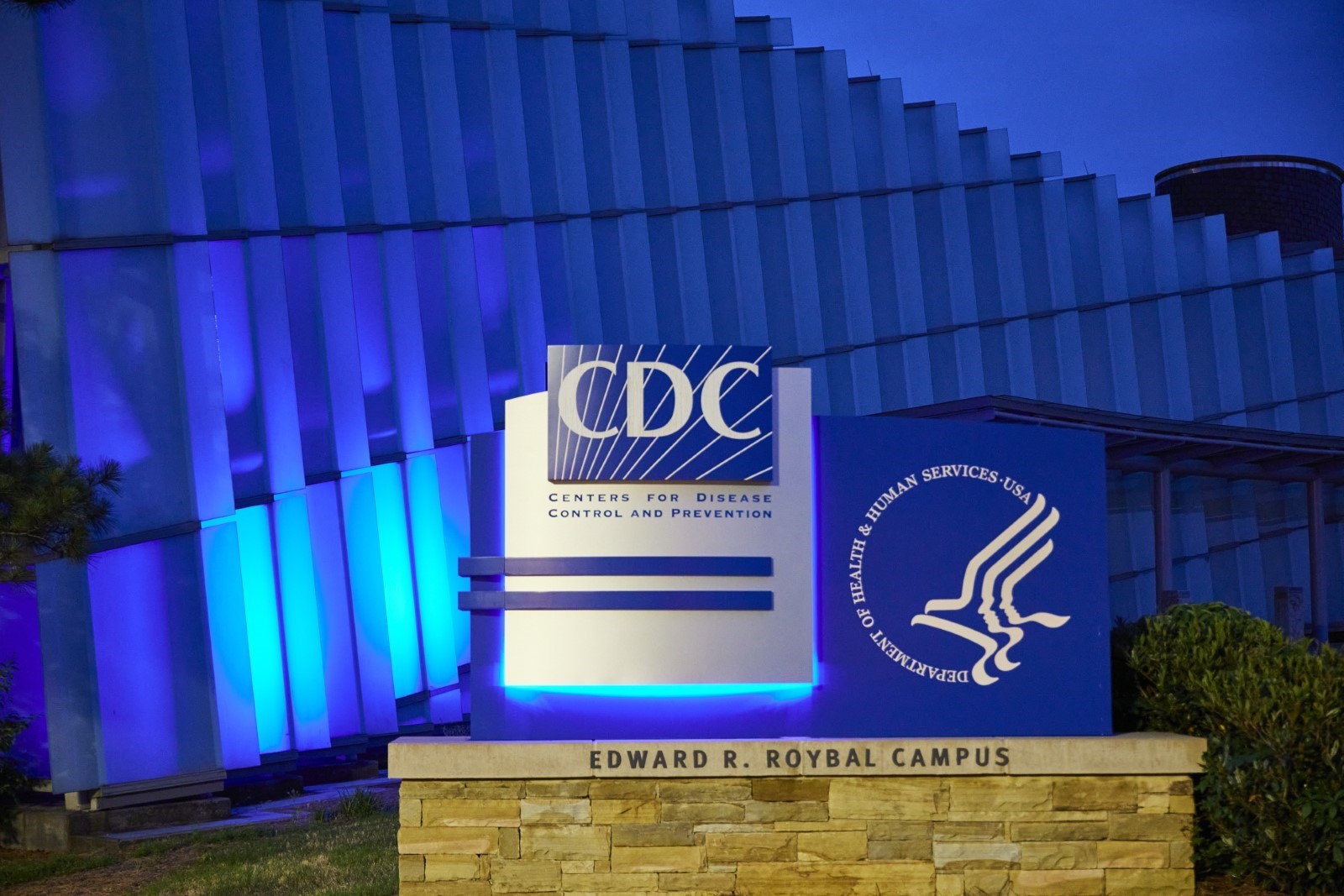What to know
CDC's ME/CFS program advances understanding, and awareness of the disease. The program's activities include surveillance, laboratory and clinical studies, education, and outreach to patients and healthcare providers. Our studies look at prevalence, economic costs, risk factors and quality of life for people with ME/CFS. Educating healthcare providers and the public is a priority to reduce stigma and improve healthcare. Through partnership we increase collaboration for advancing research.

Overview
The CDC's ME/CFS program staff have measured the number of people with ME/CFS in different ways. A 2023 report from National Health Interview Survey (NHIS) reported the most recent results. The program has also used the Behavioral Risk Factor Surveillance System (BRFSS) to measure estimates of ME/CFS in people.
CDC's MCAM (multi-site clinical assessment of ME/CFS) study looked at patients with ME/CFS in clinical practices with expertise in the illness. It examined differences and similarities between ME/CFS patients. MCAM aims to improve how ME/CFS is diagnosed and treated and understand the underlying biology of the illness.
The SBAS (School-Based Active Surveillance) project relies on school nurses to help track chronic absenteeism among students. This helps to better understand how many students may struggle with chronic illnesses. ME/CFS is an example of an illness that may result in chronic absenteeism. A goal is to educate school nurses about the disease. This will help nurses can better identify children who may potentially be affected by ME/CFS.
CDC's ME/CFS program staff also have a longstanding collaboration with Medscape. Through Medscape's platform, CDC is able to reach all types of healthcare professionals who may see patients with ME/CFS. Continuing medical education (CME) courses improve understanding of ME/CFS and provide clinical evaluation skills. Medscape enables the program to offer education through different teaching formats.
CDC's ME/CFS Program sponsors stakeholder and outreach meetings.
